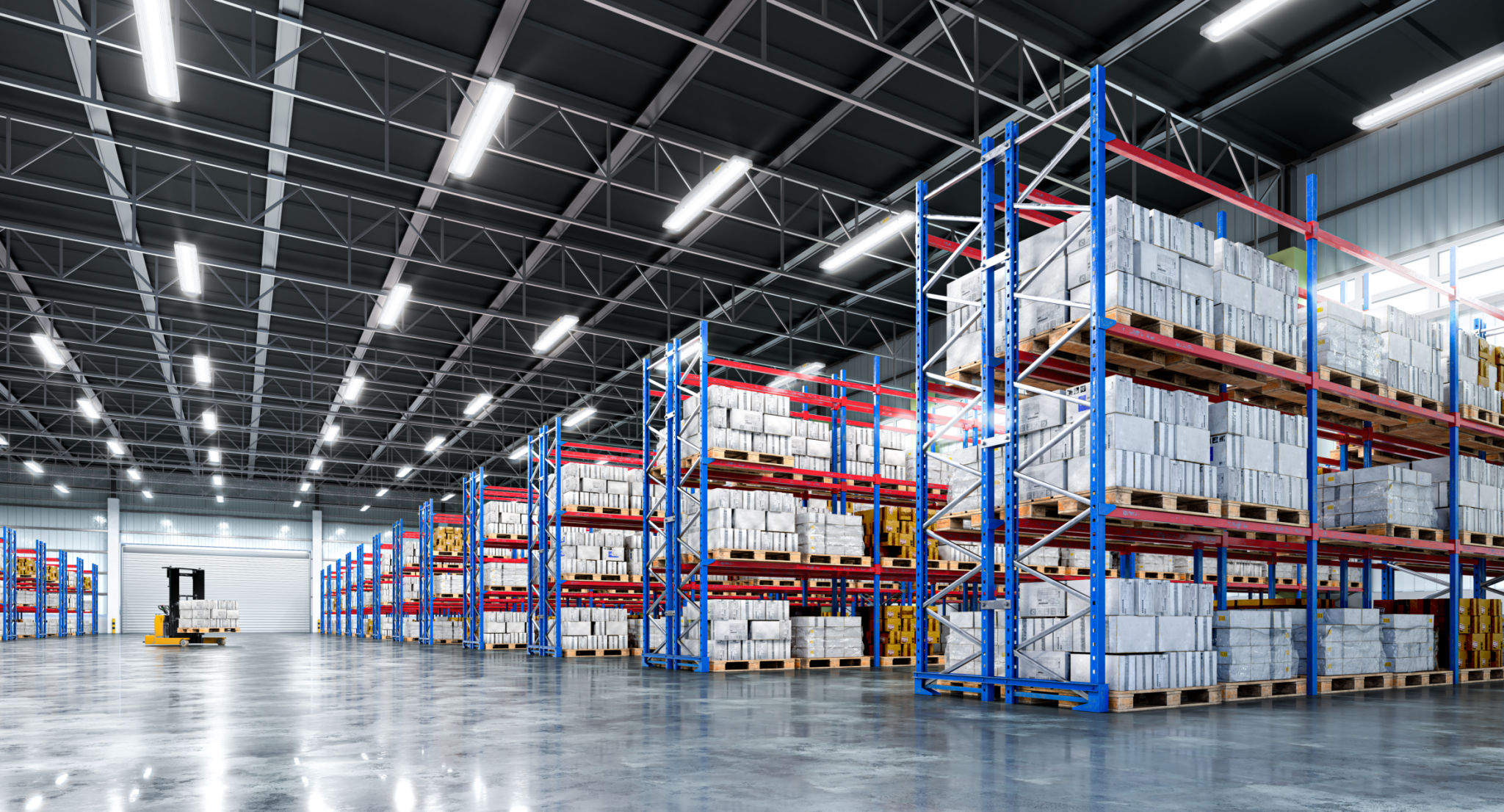A Comprehensive Guide to Leasing Industrial Spaces in Lakeland
Understanding the Basics of Industrial Leasing
Leasing industrial spaces in Lakeland can be a strategic decision for businesses looking to expand their operations. Whether you're a manufacturing firm, logistics company, or a startup in need of warehousing, understanding the leasing process is crucial. Industrial spaces come in various forms, including warehouses, factories, and flexible spaces. Each type serves different business needs, so identifying what aligns with your operations is key.

Industrial leases tend to be more complex than typical commercial leases. They often involve considerations such as zoning laws, environmental regulations, and specific build-out requirements. It's important to familiarize yourself with these aspects to ensure compliance and avoid potential legal issues. Engaging with a real estate attorney or a leasing consultant can provide valuable insights and assistance throughout this process.
Key Factors to Consider When Leasing
When searching for industrial spaces in Lakeland, there are several critical factors to consider. Location is paramount—proximity to major transportation routes, suppliers, and clients can significantly impact your operations. Additionally, consider the infrastructure available in the area, such as utilities and internet connectivity, which are essential for seamless business activities.

Another important factor is the lease term and flexibility. Understanding the terms and conditions, including rent escalation clauses and renewal options, can affect your long-term planning. It’s also beneficial to evaluate the maintenance responsibilities outlined in the lease agreement to avoid unexpected expenses down the line.
Evaluating the Costs Involved
Leasing costs for industrial spaces can vary based on multiple factors, including location, size, and amenities provided. It’s essential to have a clear understanding of all costs involved beyond just the monthly rent. These may include property taxes, insurance, maintenance fees, and any additional charges for utilities or services.
- Base Rent: The initial cost of occupying the space.
- Operating Expenses: Costs related to property management and maintenance.
- Tenant Improvements: Modifications or upgrades needed to tailor the space to your business needs.

Negotiating favorable terms can help reduce costs and provide financial stability for your business. Working with a broker who specializes in industrial properties can be advantageous in securing competitive rates and identifying incentives or discounts.
Preparing for the Leasing Process
To streamline the leasing process, prepare all necessary documentation in advance. This includes financial statements, business plans, and any relevant permits or licenses. Having these documents ready can expedite negotiations and demonstrate your preparedness to potential landlords.
It's also crucial to conduct a thorough inspection of the property before signing any agreements. Assess the condition of the facilities, safety features, and compliance with industry standards. Identifying any potential issues early on allows you to address them with the landlord before finalizing the lease.
Conclusion: Making an Informed Decision
Leasing an industrial space in Lakeland is a significant investment that requires careful planning and consideration. By understanding the intricacies of industrial leases, evaluating key factors, and preparing adequately, you can make informed decisions that align with your business objectives. Remember, seeking professional guidance from real estate experts can further enhance your leasing experience and ensure a successful transition into your new space.
